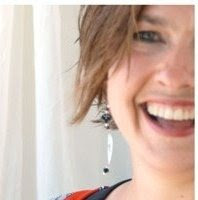Writing Ourselves Whole - early 2010 schedule!
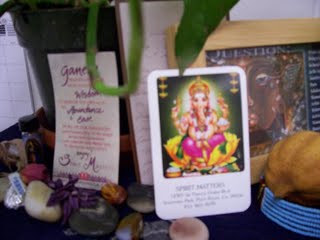
Happy 2010, all!
Here's a short list of what's coming for me/writing ourselves whole for the first part of the year -- starting next week!
Send me a note for more info (jennifer@writingourselveswhole.org)! (I, on the other hand, commence the deep breathing. :)
xox!
Jen
~~~~~~~~~~~~~~~~~~~~~~~~~~~~~~~
Begins next Monday! Winter 2010: Write Whole: Survivors Write. Open to all women survivors of sexual trauma. (8 Monday evenings beginning 1/11) $225-300, sliding scale
Winter 2010: Healing Through Writing: a workshop for folks living with cancer. Through the UCSF Mt. Zion Art for Recovery program. (7 Thursday mornings, begins 1/21) Contact Cindy Perlis for more info:Cynthia.Perlis@ucsfmedctr.org
Jan 30, 2010 (1-4pm): Declaring Our Erotic: a queer women's erotic writing workshop (In honor of the Body Heat Femme Porn Tour!), at the writing ourselves whole workshop space, $20
Jan 29-30, 2010 8pm, $10-15: Body Heat at the Center for Sex and Culture! Join us for one of these SNEAK PEEK pre-Tour shows! Jan 29: Carol Queen / Kathleen Delaney / Jen Cross / Madison Young /Vixen Noir aka Veronica Combs / Amelia Mae Paradise from Diamond Daggers; Jan 30: Shar Rednour / Daphne Gottlieb / Kathleen Delaney / Jen Cross / Alex Cafarelli / Lady Fantastique)
Feb 2010: Declaring Our Erotic: a writing workshop for ALL queer survivors of sexual trauma (4 Tuesday evenings, beginning 2/2, at Modern Times Bookstore. $50-100, sliding scale)
Feb 10, 5:30-6:30: Quick-n-Dirty Erotic Writing happy hour at Good Vibes, Polk St! Free! http://events.goodvibes.com
Feb 13, 12:00-4:00pm: Write Whole with Survivorship. Survivorship is an amazing and community-led org for folks who are survivors of ritual or cult abuse. Free!
March 10-27: Body Heat: Femme Porn Tour. The cross-country extravaganza! In this our fourth installment, Kathleen Delaney (Atlanta, GA.), Diana Cage (NYC), Meliza Bañales (San Francisco, CA), Jen Cross (San Francisco, CA), Nicky Click (Durham, NH),Gigi Frost (Boston, MA), Sossity Chiricuzio (Portland, OR.), Alex Cafarelli (San Francisco, CA.), and Al Schlong (Atlanta, GA) are prepared to rock off all your socks. We begin in Boston and our finale is scheduled for Vancouver! (Visit my website or myspace.com/femmeporntour FMI!
Spring 2010: Write Whole: Survivors Write - for women survivors of sexual trauma (8 Monday evenings beginning 4/5) $225-300, sliding scale
Spring 2010: Declaring Our Erotic: an erotic writing workshop open to everyone! (8 Tuesday evenings beginning 4/6) $225-300, sliding scale
Spring 2010: Healing Through Writing: a workshop for folks living with cancer. Through the UCSF Mt. Zion Art for Recovery program. (8 Thursday mornings, begins in April, date not yet confirmed) Contact Cindy Perlis for more info:Cynthia.Perlis@ucsfmedctr.org
~~~~~~~~~~~~~~~~~~~~~~~~~~~~~~~
Want more info? Check out www.writingourselveswhole.org!
Labels: AWA, bay area, Body Heat, san francisco, sexual trauma, sexuality, writing ourselves whole, writing workshops
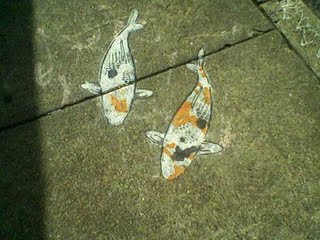
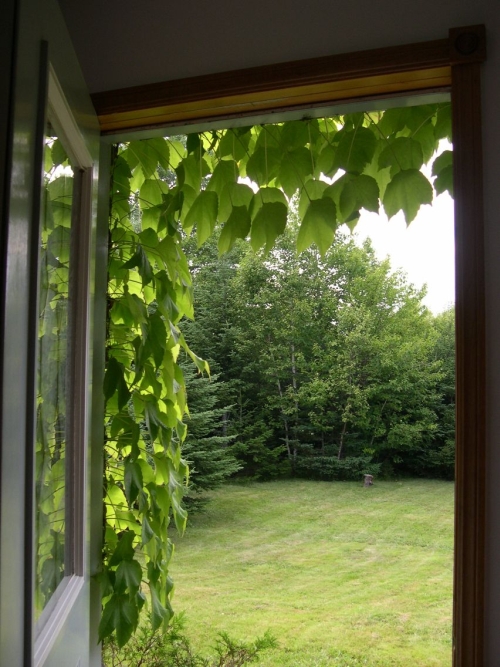 As a student in the
As a student in the  At the time, Goddard (where I was pursuing my MA) was undergoing an accreditation review and was at risk of closing – after my first AWA training, I was no longer afraid of what might happen if Goddard closed (which it didn't): I’d found the structure for my life’s work. Here was a resolutely non-hierarchical and safe container in which all people, regardless of their relationship to the word “writer,” could explore in words their own complicated and beautiful stories.
At the time, Goddard (where I was pursuing my MA) was undergoing an accreditation review and was at risk of closing – after my first AWA training, I was no longer afraid of what might happen if Goddard closed (which it didn't): I’d found the structure for my life’s work. Here was a resolutely non-hierarchical and safe container in which all people, regardless of their relationship to the word “writer,” could explore in words their own complicated and beautiful stories.  , and also doing “writing education” outside of the traditional academic model, I found it challenging to describe to others exactly what I was doing with the
, and also doing “writing education” outside of the traditional academic model, I found it challenging to describe to others exactly what I was doing with the  Through Chris, I began to connect with other AWA facilitators and lovers of the method, including some especially long-term participant writers, and this informal community has made all the difference for me as I move forward in building my workshops and continuing in the role of facilitator. When I have questions or concerns, struggles as a facilitator or just need some love and support, I know I can turn to these folks and they will get it about AWA, what the method is and isn’t supposed to do, and all that can happen within the method’s clear and expansive boundaries.
Through Chris, I began to connect with other AWA facilitators and lovers of the method, including some especially long-term participant writers, and this informal community has made all the difference for me as I move forward in building my workshops and continuing in the role of facilitator. When I have questions or concerns, struggles as a facilitator or just need some love and support, I know I can turn to these folks and they will get it about AWA, what the method is and isn’t supposed to do, and all that can happen within the method’s clear and expansive boundaries.  This method is the ethical core of my writing practice and work. Being connected with other facilitators, this now world-wide community of AWA-ers, means that we can nurture one another *and* hold one another accountable to
This method is the ethical core of my writing practice and work. Being connected with other facilitators, this now world-wide community of AWA-ers, means that we can nurture one another *and* hold one another accountable to  AWA workshops are about a sort of kindness and faith and respect that gets devastatingly short shrift in especially our western world these days. So yes, I believe in AWA as my own spiritual path (I mean it!) and I an so thankful to finally have realized that I am not alone.
AWA workshops are about a sort of kindness and faith and respect that gets devastatingly short shrift in especially our western world these days. So yes, I believe in AWA as my own spiritual path (I mean it!) and I an so thankful to finally have realized that I am not alone.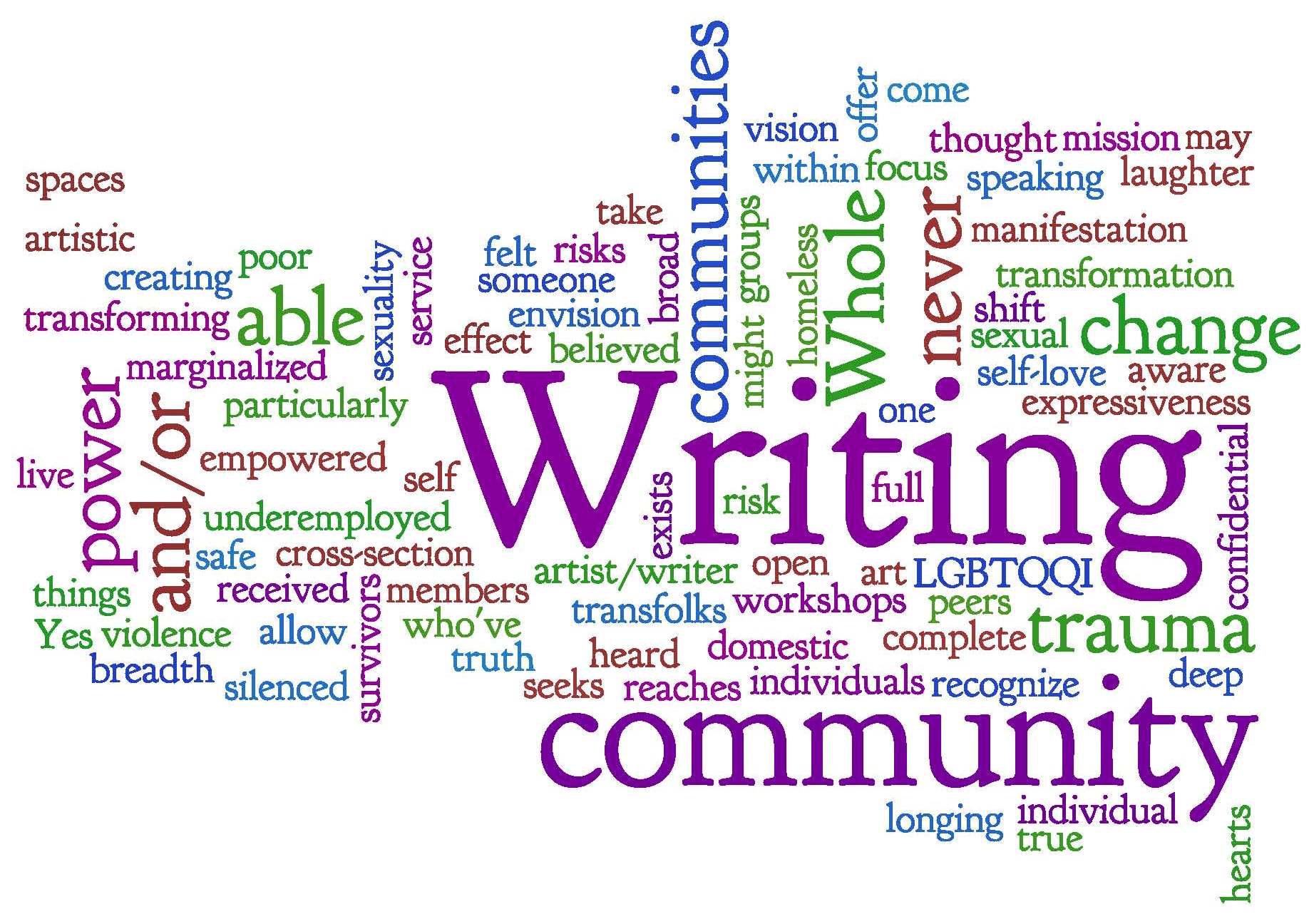 As a certified Amherst Writers and Artists workshop facilitator, I use this structure for all of my writing workshops:
As a certified Amherst Writers and Artists workshop facilitator, I use this structure for all of my writing workshops: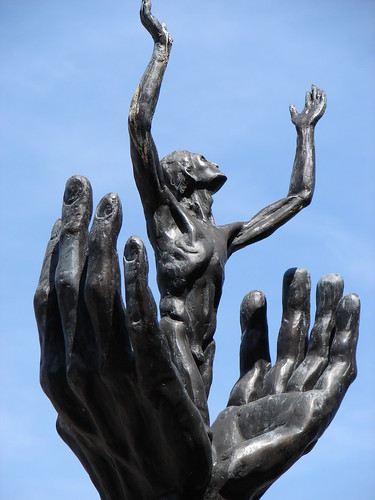 and then scratch screech wham I feel like I’m pulling on the breaks around all that freedom (although that's not the case). The piece that can be the most challenging for folks new to the AWA method is the part where we talk about all the writing as though it’s fiction. Unless instructed otherwise by the writer, we talk about the narrator and the characters in the piece (rather than saying 'you' to indicate that the writer and the one written about is necessarily the same).
and then scratch screech wham I feel like I’m pulling on the breaks around all that freedom (although that's not the case). The piece that can be the most challenging for folks new to the AWA method is the part where we talk about all the writing as though it’s fiction. Unless instructed otherwise by the writer, we talk about the narrator and the characters in the piece (rather than saying 'you' to indicate that the writer and the one written about is necessarily the same).  This is what I want to talk about: the wording matters. How we talk about something matters.
This is what I want to talk about: the wording matters. How we talk about something matters. 
 There’s a working space that gets opened up around us when one person puts her words in the room and then all of us, the writer included, gets to look at those words as a bit detached from the writer herself. We get to turn the story over, allow response to all of its angles, aspects, curves, undersides. Often, I picture the story as a silvery-malachite ball floating next to the writer: we all get to enjoy this creation for what it is, exactly as it is, expecting nothing more from it (even if we didn’t want it to end while we were listening).
There’s a working space that gets opened up around us when one person puts her words in the room and then all of us, the writer included, gets to look at those words as a bit detached from the writer herself. We get to turn the story over, allow response to all of its angles, aspects, curves, undersides. Often, I picture the story as a silvery-malachite ball floating next to the writer: we all get to enjoy this creation for what it is, exactly as it is, expecting nothing more from it (even if we didn’t want it to end while we were listening). I’m consistently inspired by these two facts: The ongoing reminder that every person has artistic brilliance inside that is seeking an outlet, and that community can web together to support one another – that we can collaborate around healing and individual/social transformation without needing MSWs or other clinical degrees. These have something to do with one another.
I’m consistently inspired by these two facts: The ongoing reminder that every person has artistic brilliance inside that is seeking an outlet, and that community can web together to support one another – that we can collaborate around healing and individual/social transformation without needing MSWs or other clinical degrees. These have something to do with one another. I’m working as a part of an alternative healing movement seeking to provide and facilitate spaces for self-empowerment, which might be witnessed and supported/encouraged by others on a similar journey. I struggle whenever anyone refers to the Writing Ourselves Whole workshops as “therapy.” If anything, I’d like to be known simply a writer and a group facilitator/participant. I do this work with survivors of sexual trauma and around sexuality/erotic writing because I believe in its effectiveness, and because I’d like to continue to have available to me and others like me the options of non-clinical healing/transformative process and practice.
I’m working as a part of an alternative healing movement seeking to provide and facilitate spaces for self-empowerment, which might be witnessed and supported/encouraged by others on a similar journey. I struggle whenever anyone refers to the Writing Ourselves Whole workshops as “therapy.” If anything, I’d like to be known simply a writer and a group facilitator/participant. I do this work with survivors of sexual trauma and around sexuality/erotic writing because I believe in its effectiveness, and because I’d like to continue to have available to me and others like me the options of non-clinical healing/transformative process and practice.  I’m interested in transformative/healing modalities that will not reproduce the old analytic model, will not appropriate the language of clients and masters, will not capitulate to professionalizing drives that are infiltrating social service agencies around the country. What can we do when we come together with people, with mutual respect, with a give-and-take of information, with a possibility of mutual ex/change? Those in power will work to rewrite us broken bodies back into some semblance of (their) normalcy. They don’t want us rocking the boat.
I’m interested in transformative/healing modalities that will not reproduce the old analytic model, will not appropriate the language of clients and masters, will not capitulate to professionalizing drives that are infiltrating social service agencies around the country. What can we do when we come together with people, with mutual respect, with a give-and-take of information, with a possibility of mutual ex/change? Those in power will work to rewrite us broken bodies back into some semblance of (their) normalcy. They don’t want us rocking the boat. When we, whether or not we’re survivors or sexual trauma, come together this way—-assiduously working to remain aware and respectful of the differences among us, and share our words—-we have the opportunity to acknowledge our individual places of beauty and strength, both because we listen to our own poetic phrasing and descriptions, and because others tell us what is beautiful and strong for them in the writings we offer. We hear, witness, and open (to) the splendor in ourselves and in others. There is transformation in those moments, particularly when we who have spent years reiterating to ourselves the lessons of ugliness that we learned at our abusers’ hips are able to acknowledge beauty in ourselves.
When we, whether or not we’re survivors or sexual trauma, come together this way—-assiduously working to remain aware and respectful of the differences among us, and share our words—-we have the opportunity to acknowledge our individual places of beauty and strength, both because we listen to our own poetic phrasing and descriptions, and because others tell us what is beautiful and strong for them in the writings we offer. We hear, witness, and open (to) the splendor in ourselves and in others. There is transformation in those moments, particularly when we who have spent years reiterating to ourselves the lessons of ugliness that we learned at our abusers’ hips are able to acknowledge beauty in ourselves.  Take me backward into your dreams and let me watch you stumble. Your language is yours alone, the sounds of your body the stretch and wrinkle of your face the wrinkled words and nods, shrugs and shivers and shifts of eyeballs. You don’t know that you know your own way and I cannot tell it for you. I can take your hand, though, and promise not to leave you while you float in your own waters, while you choke down the nausea of history in your instance to see the clownfish and schools of yellowtail floating around the coral of yourself.
Take me backward into your dreams and let me watch you stumble. Your language is yours alone, the sounds of your body the stretch and wrinkle of your face the wrinkled words and nods, shrugs and shivers and shifts of eyeballs. You don’t know that you know your own way and I cannot tell it for you. I can take your hand, though, and promise not to leave you while you float in your own waters, while you choke down the nausea of history in your instance to see the clownfish and schools of yellowtail floating around the coral of yourself.


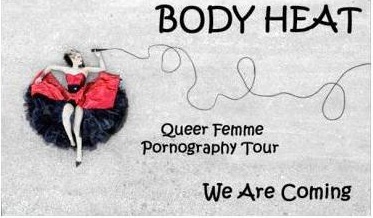 Most of the pieces I performed on this year’s
Most of the pieces I performed on this year’s 
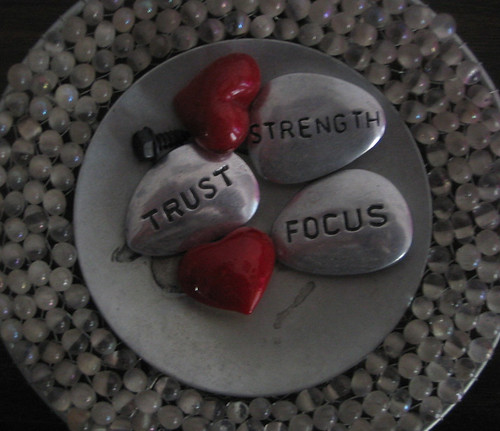 Remember the guidelines of the AWA method writing workshops (as developed by Pat Schneider in her book
Remember the guidelines of the AWA method writing workshops (as developed by Pat Schneider in her book 
 For survivors, those of us--so many of us, in so many different ways--trained into wrongness, trained into silence, trained into the invisibility of our language: when I say that the workshops are “transformative,” I mean that we create ourselves a space in which to alter how we have come to know ourselves through words. When we tell newly-re-framed stories and we are heard... how can that not empower and open the heart?
For survivors, those of us--so many of us, in so many different ways--trained into wrongness, trained into silence, trained into the invisibility of our language: when I say that the workshops are “transformative,” I mean that we create ourselves a space in which to alter how we have come to know ourselves through words. When we tell newly-re-framed stories and we are heard... how can that not empower and open the heart? Transformative writing is writing that changes you in the process of its creation. A dictionary gives one definition of transform as “to change completely for the better.” Another definition: “to convert one form of energy to another.”
Transformative writing is writing that changes you in the process of its creation. A dictionary gives one definition of transform as “to change completely for the better.” Another definition: “to convert one form of energy to another.”
 I’m talking about the fact that the process of writing itself can be an erotic experience, if we can engage a definition of “erotic” that’s closer to Audre Lorde’s (“I speak of the erotic as the deepest life force, a force which moves us toward living in a fundamental way. And when I say living I mean it as that force which moves us toward what will accomplish real positive change.”
I’m talking about the fact that the process of writing itself can be an erotic experience, if we can engage a definition of “erotic” that’s closer to Audre Lorde’s (“I speak of the erotic as the deepest life force, a force which moves us toward living in a fundamental way. And when I say living I mean it as that force which moves us toward what will accomplish real positive change.” 